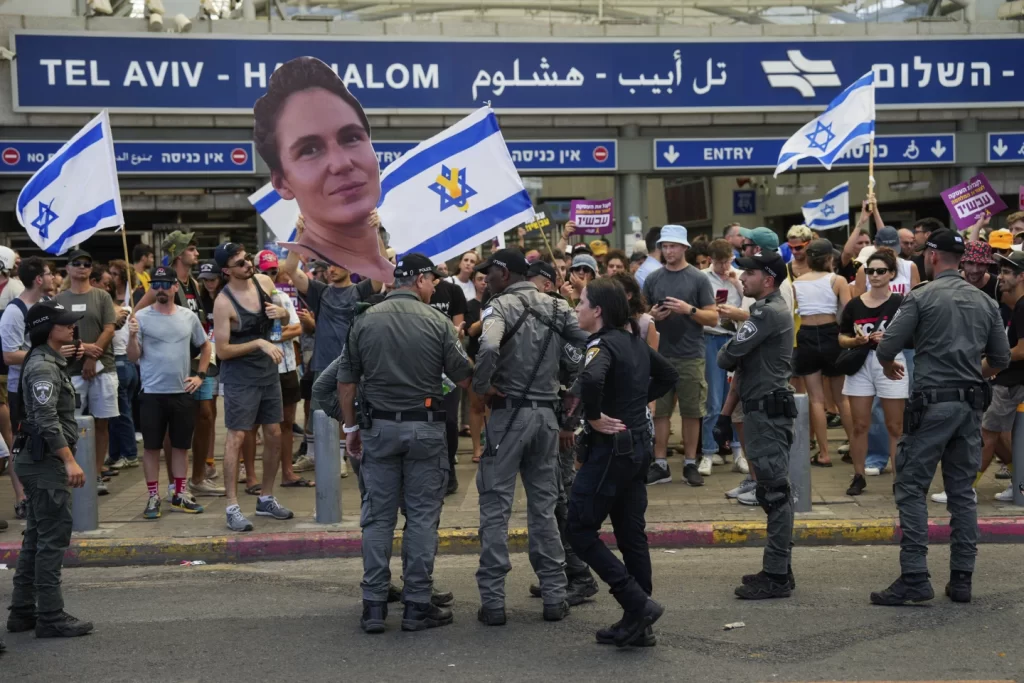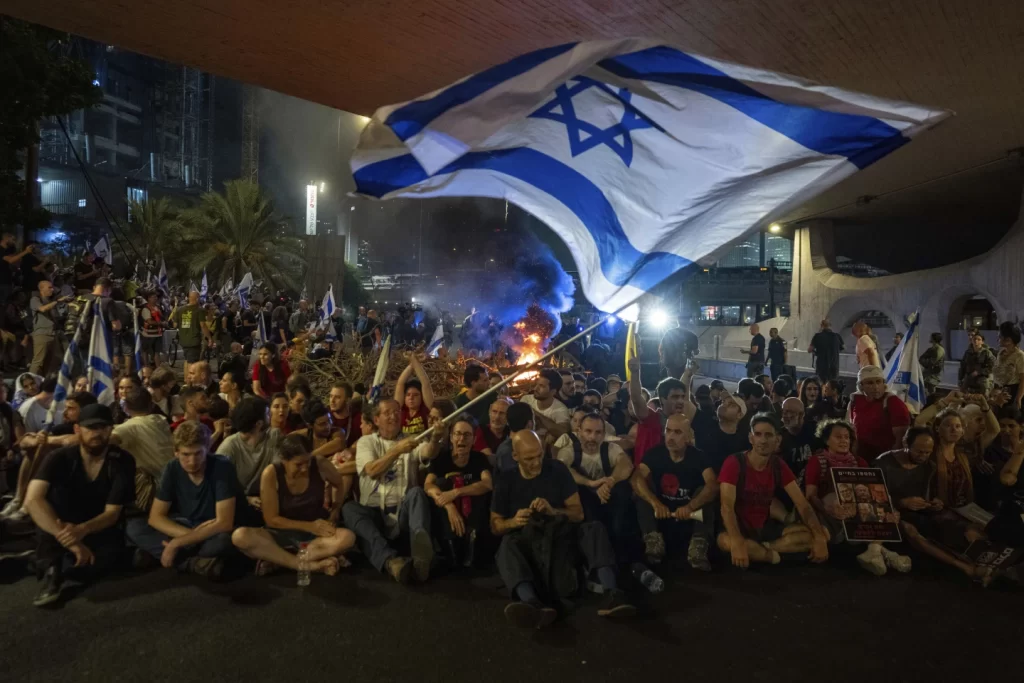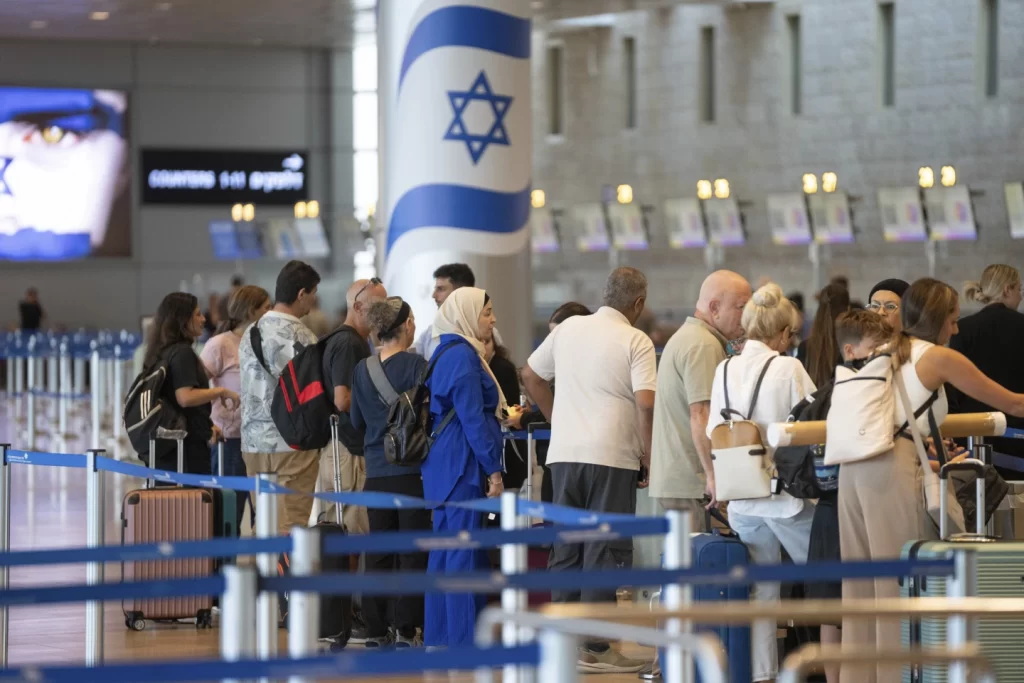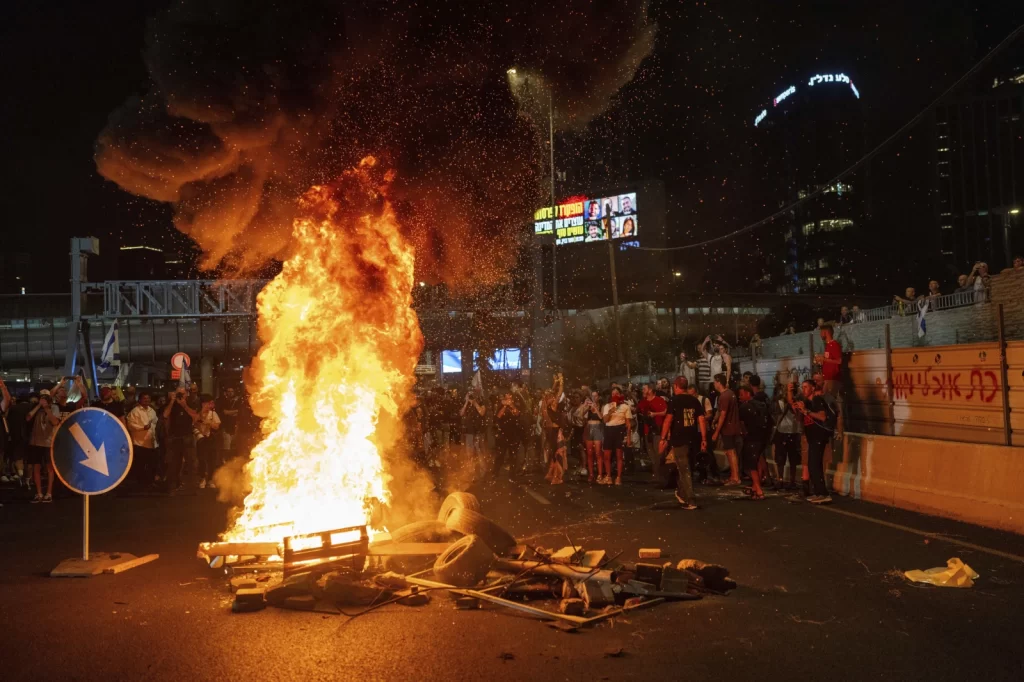A rare general strike swept across Israel on Monday, protesting the government’s failure to secure the return of hostages held in Gaza. The strike, called by the country’s largest trade union, Histadrut, led to widespread closures and disruptions, including at Ben-Gurion International Airport, but was unevenly observed across the nation, underscoring deep political divisions.

The strike action followed mass demonstrations on Sunday night, where hundreds of thousands of Israelis took to the streets in grief and anger after six hostages were found dead in Gaza. Many blamed Prime Minister Benjamin Netanyahu’s government, arguing that the hostages could have been returned alive through negotiations with Hamas.
Arnon Bar-David, head of Histadrut, called for the strike to shut down or disrupt major sectors of the economy, including banking and healthcare. However, a labor court ruled that the strike must end by 2:30 p.m. local time, accepting a government petition that it was politically motivated.

At Ben-Gurion Airport, outgoing flights were halted between 8 a.m. and 10 a.m., causing slight delays. Passenger reactions were mixed, with some supporting the strike and others viewing it as counterproductive.
The strike’s impact varied across the country. In Tel Aviv and other central municipalities, it led to shortened school hours and closures of government offices. However, Jerusalem and some other areas did not participate, reflecting the nation’s political divide.

Sunday’s demonstrations, estimated to have drawn between 200,000 and 500,000 participants nationwide, demanded that Netanyahu reach a deal with Hamas to return the remaining hostages, even if it means leaving Hamas intact and withdrawing from Gaza. This stance contrasts sharply with Netanyahu’s pledge for “total victory” over Hamas.
The discovery of six dead hostages, including Israeli-American Hersh Goldberg-Polin, has intensified public pressure on the government. Netanyahu blamed Hamas for the deaths, while Hamas accused Israel and the U.S. of prolonging negotiations with new demands.

As the war approaches its 11th month, it has claimed over 1,200 Israeli lives in the initial Hamas attack and more than 40,000 Palestinian lives in Gaza, according to local health officials. The conflict has also displaced the majority of Gaza’s 2.3 million residents and plunged the territory into a humanitarian crisis.



